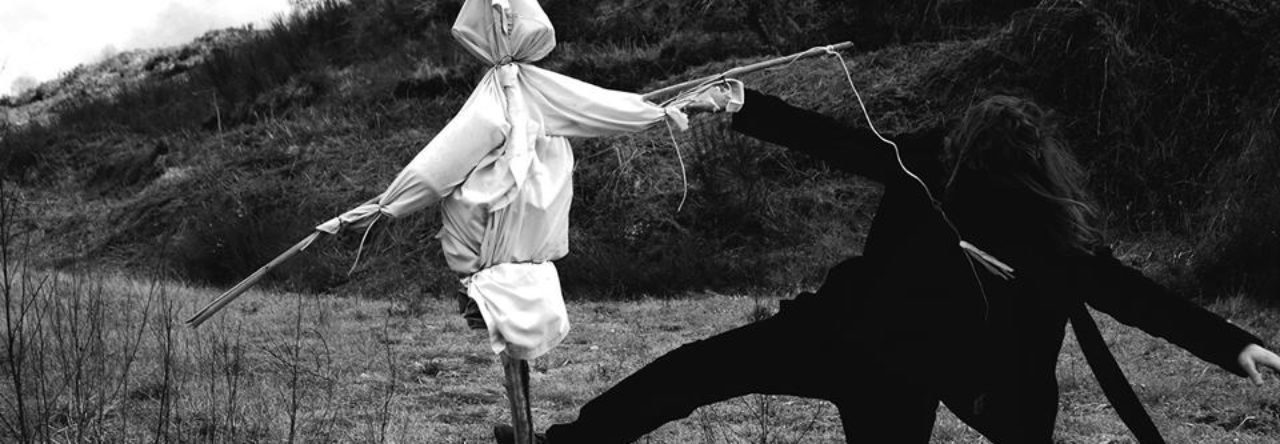Abstract: Italian horror found footage Road to L. – Il mistero di Lovecraft (2005) and mockumentary H.P. Lovecraft – Ipotesi di un viaggio in Italia (2004) revolve around the fictional discovery of a letter by the supernatural writer, documenting a putative journey to Italy. The films envisage the conception of the HPL mythos‘ stories as inspired by the writer’s imagined encounters with the gloomy geography, folklore, and cryptic creatures from the Italian river Po delta. Ipotesi is a mockumentary focusing on the fabricated manuscript. The separate Road to L. is presented as Ipotesi’s Blair Witch-inspired “backstage”, revolving around a found VHS and documenting a film crew’s Italian journey on the tracks of HPL. The study discusses horror found footage as a sub-set of risemantisation practices characterised by features, such the diegetic camera and a make-believe register, that aim to bridge over regionalist landscape and “folklore” representations and global horror tropes, depicting the Po Delta region as resonating with the accursed geographies of Lovecraftian literature. The films represent examples of how make-believe found footage and mocku-horror formulas have been used by productions to repurpose regional themes, align with globally popular canons, and attract national and international audiences.
Category: Italian Studies
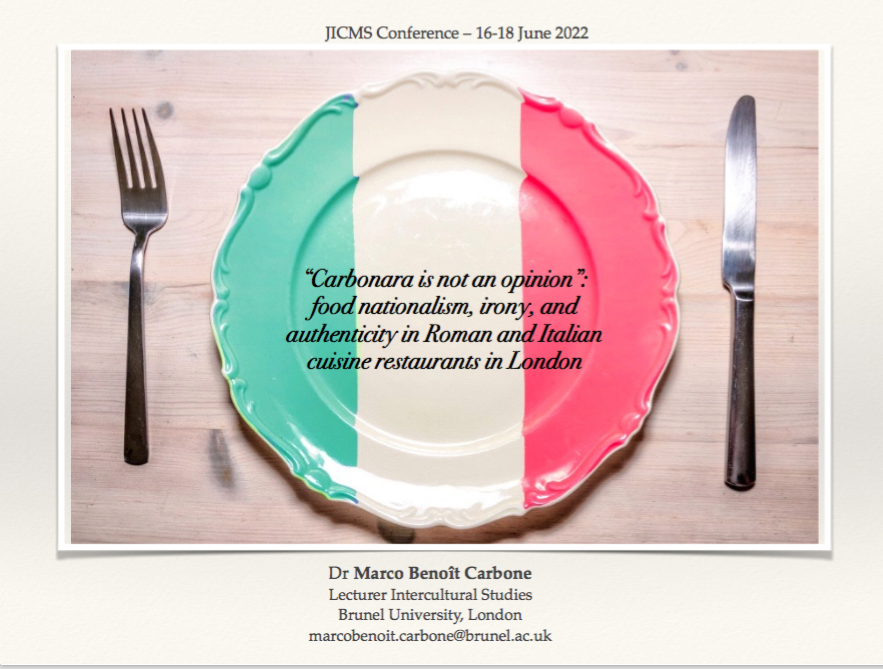
Full reference:
Carbone, M.B. (2022) “Carbonara is not an opinion”: food nationalism, irony, and authenticity. A case study on Italian restaurants in London. Journal of Italian Cinema and Media Studies International Conference. The American University of Rome, 16-18 June Request access
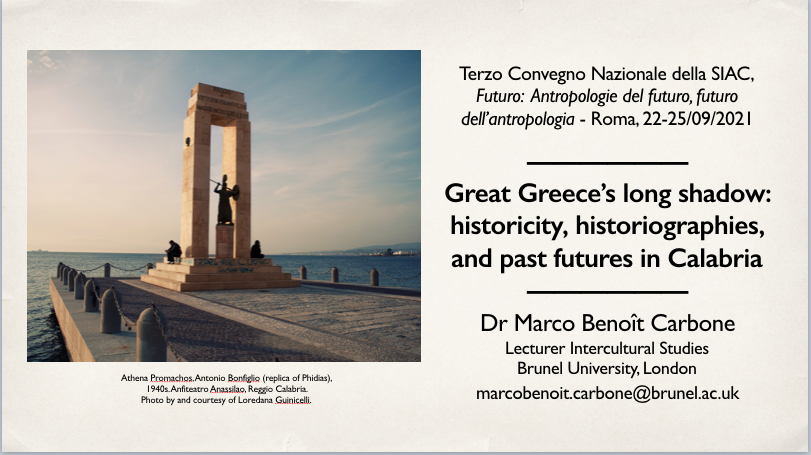
Abstract
This paper reported ethnographically on historical narratives of social identities in Scilla town and the province of Reggio Calabria, traditionally associated with ancient Great Greece. Here, Hellas is a fundamental renown of the modern region. Local cultures and historiographies have cultivated ideas of ‘roots’ via available narratives of past glory. This historical mystique works as ‘a yardstick’ reminding who people ‘should be’. Hellas also assuaged the region’s coping with a ‘crisis of presence’ at the weak end of Italy and Europe. ‘Being the Greeks’ (some of the Euro-Atlantic myth’s imagined precursor in civilisation) has reversed a regional stigma, securing a place for this marginal ‘Western’ periphery. Yet, this local historicity – a tension between a glorious past and a disappointing Southern Question – amounts to West-centric alignments with the transnational cultural capital of ‘classicism’; and of heritage and tourism as selective memorialising practices, catering to overarching hierarchies of signification. This has cast shadows on possible futures, stifling developments to map ethnically more diverse regional histories. Their nuanced reappraisal is needed as a ‘capacity to aspire’ to re-imagined pasts and futures in which mythologies of autochthony and the region’s ancillary positions within West-centred neocolonial and neoliberal histories could be questioned.
Full Reference:
Carbone, M.B. (2021), Great Greece’s long shadow. Historicity, historiographies, and past futures in Calabria. Terzo Convegno Nazionale della SIAC. Future. Anthropology of the Future, the Future of Anthropology, Rome & online. Request access
See also: Geographies of Myth and Places of Identity
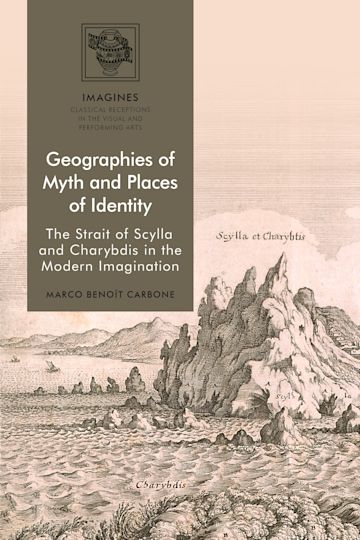
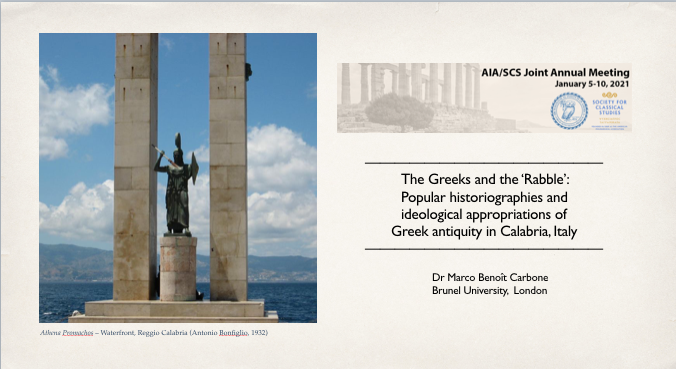
This study examines ethno-regionalist conceptions of identity and the reception of Greater Greece in popular history books produced by publishers based in the province of Reggio Calabria, Italy. Discussing how the heritage of Greek antiquity may have provided a foundation for identitarian discourses and alignment with ideas of Westernness and whiteness, I examine how such publications have reinforced foundational mythologies that have overtly or covertly sustained the othering of migrants and systemic forms of racism.
It extracts data from an ongoing research project on popular and academic history books published in the region, as well as longer-term ethnographic work, and it focuses on their treatment of notions of autochthony in relation to Greater Greece. History publications are often tinged with nativist mythologies and beliefs in a purported ethnic continuity with Greater Greece. Such identitarian views can be pervaded by a disdain for those constructed as Others to the Greeks, in contrast to their self-appointed heirs.
Full reference:
Carbone, M. B. (2021), The Greeks and the ‘Rabble’: popular historiographies and ideological appropriations of Greek antiquity in Calabria, Italy. AIA/SCS Joint Annual Meeting, 5-10 January.
This lecture presented results from the Edited Collection
Il videogioco in Italia. Storie, rappresentazioni, contesti.
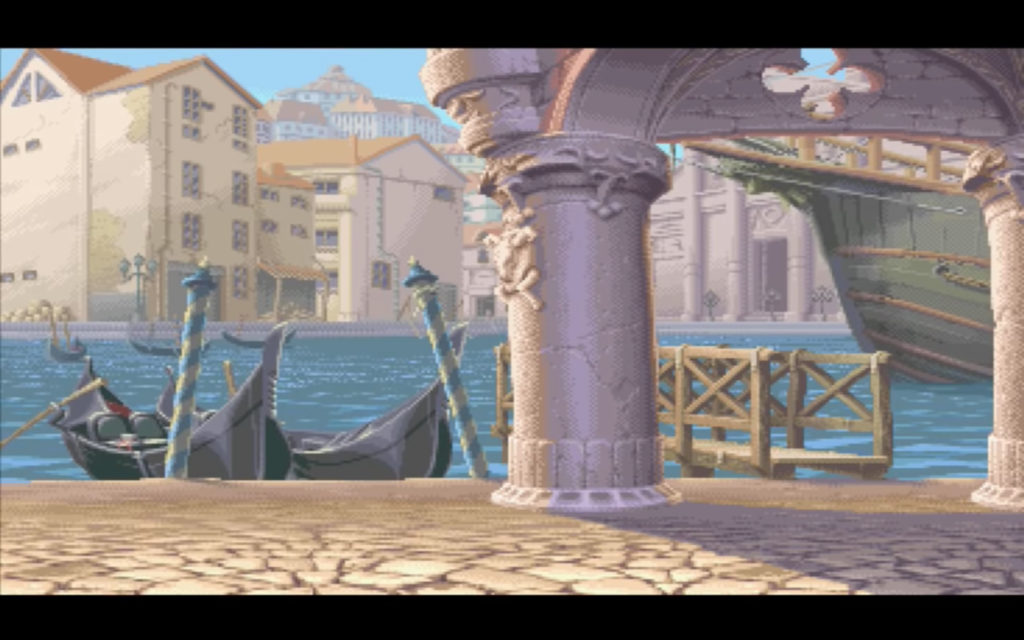
It focused on two main issues: the historiography and state of the Italian video game industry, and the images and representations of Italy in the medium of the video game. Looking at these two, often intersecting themes, the lecture presented the case for framing the study of video games in Italian academia under a rigorous, non-celebratory perspective and for critically understanding its representations, characterisations, and national branding in the medium.
